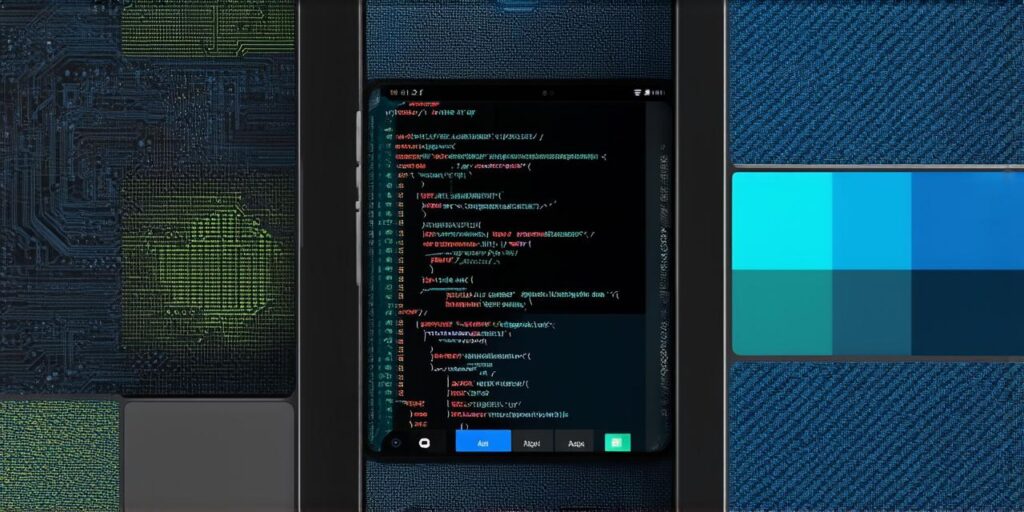1. Programming Skills
The first and most obvious competency that you will need to develop as a mobile app developer is programming skills. This includes knowledge of various programming languages such as Java, Swift, Kotlin, Objective-C, and more. You should also have experience with mobile development frameworks such as React Native, Xamarin, and Flutter.
2. User Experience (UX) Design
Another important competency for mobile app development is UX design. This involves designing the user interface and user experience of an app to make it easy, intuitive, and enjoyable to use. Good UX design can help improve user engagement and retention rates, which can ultimately lead to more downloads and revenue.
3. Mobile App Development Tools
In addition to programming skills and UX design, you will also need to be familiar with various mobile app development tools such as Integrated Development Environments (IDEs), version control systems, testing tools, and debugging tools. These tools can help streamline the development process and make it easier to identify and fix bugs.
4. Cloud Computing and Serverless Architecture
Cloud computing and serverless architecture are becoming increasingly important in mobile app development. With cloud computing, you can easily scale your app as needed without having to invest in expensive infrastructure. Serverless architecture allows you to run your app on a pay-as-you-go basis, which can help reduce costs and improve scalability.
5. Mobile App Security
Security is a critical consideration when developing mobile apps. You will need to have a good understanding of security best practices such as data encryption, secure authentication, and access controls. You should also be familiar with common security threats such as malware, phishing, and man-in-the-middle attacks.
6. Mobile App Testing
Testing is an essential part of the mobile app development process. You will need to have a good understanding of various testing techniques such as unit testing, integration testing, and end-to-end testing. This can help ensure that your app is stable, reliable, and free from bugs.
7. Agile Methodology
Agile methodology is a popular project management approach used in mobile app development. It involves breaking down the development process into smaller, more manageable tasks and prioritizing them based on customer needs. This can help improve efficiency, reduce costs, and increase customer satisfaction.
Case Study: Uber
Uber is a great example of how these competencies come together to create a successful mobile app. The company’s founders, Travis Kalanick and Joe Cheng, were both experienced software engineers who had worked on various projects before starting Uber. They used their programming skills to develop the initial version of the app, which was a simple black car booking service.

To improve the user experience of the app, Uber’s team of designers worked closely with the engineering team to create a seamless and intuitive interface. They also incorporated various features such as real-time tracking, ride sharing, and payment processing to make the app more convenient and easy to use.
Uber’s success is due in part to their ability to adapt to changing market conditions. For example, when demand for UberX (a service that allows passengers to share rides with other passengers) increased, Uber’s engineering team quickly added support for this feature to the app. This allowed Uber to remain competitive and continue to attract new users.
Summary
In conclusion, developing mobile apps requires a wide range of competencies, including programming skills, UX design, mobile app development tools, cloud computing and serverless architecture, mobile app security, mobile app testing, and agile methodology.



